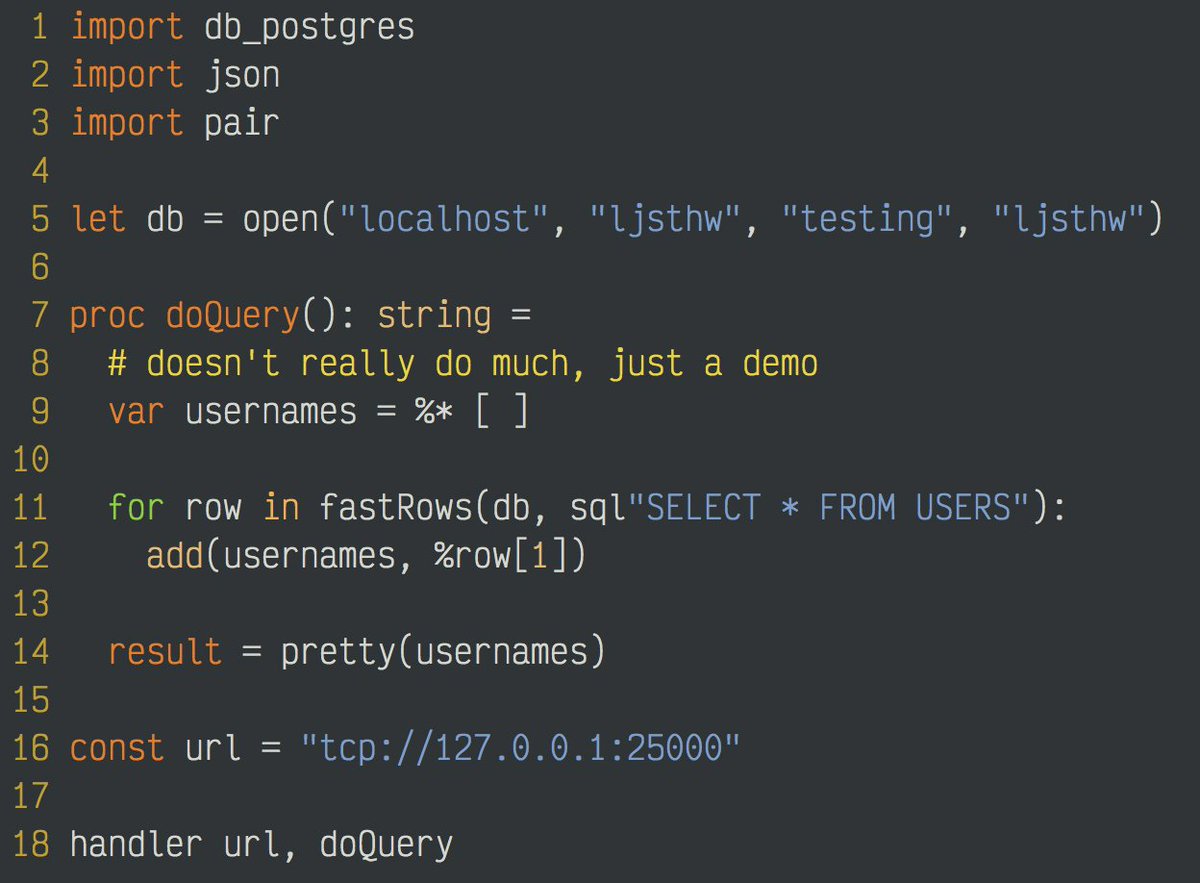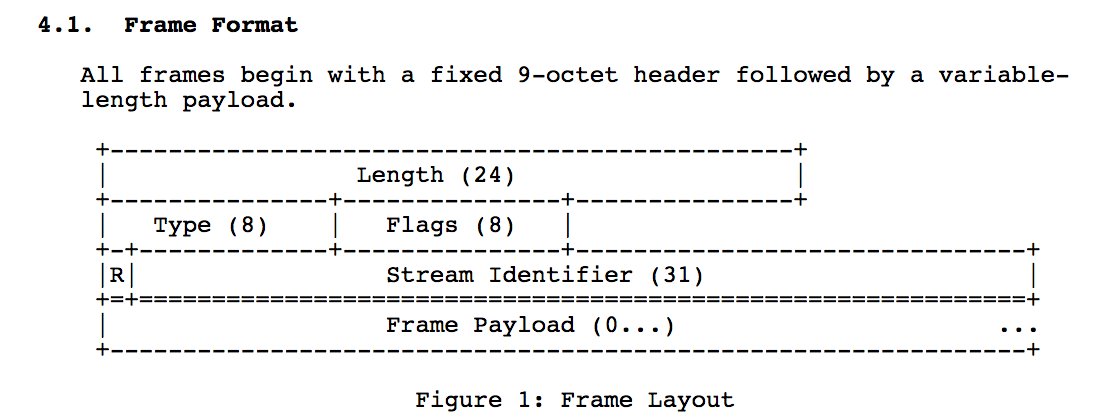
So, I attempted to use NNG (github.com/nanomsg/nng) and I have to say it's in serious need of being boring. It's full of mostly useless crap like HTTP servers, ZT networks, and the organization is insane. He's hiding struct inside .c files so you can't get at them? WAT?
Nim did alright and claimed to compile a .nim file created with c2nim, so bonus points to Nim. It seemed to work, until you start to use *any* protocol. Then an explosion of missing header files you have to scour the codebase for comes to light.
You want to make a pipeline socket you need a push and and a pull end. What's the code to set that up?
What are you doing dude? I should just #include <nng.h> and go. Compilers already know how to remove code so don't make me include 90 other files. So bizarre.
What are you doing dude? I should just #include <nng.h> and go. Compilers already know how to remove code so don't make me include 90 other files. So bizarre.

If I were in charge of this library I'd do the following:
1. Chop out anything that's not pure "message on a socket protocol". No websockets. No http sockets. No AIO "helpers".
2. Make a single .h that you include, with all structs visible, so it's easier to hook and use.
1. Chop out anything that's not pure "message on a socket protocol". No websockets. No http sockets. No AIO "helpers".
2. Make a single .h that you include, with all structs visible, so it's easier to hook and use.
Meanwhile, here's a nonmsg (the NNG predecessor) Nim:
github.com/def-/nim-nanom…
Looks like a few hundred lines of Nim auto generated and then the examples work as expected:
github.com/def-/nim-nanom…
I have no idea what NNG guy is doing but he didn't improve the usability at all.
github.com/def-/nim-nanom…
Looks like a few hundred lines of Nim auto generated and then the examples work as expected:
github.com/def-/nim-nanom…
I have no idea what NNG guy is doing but he didn't improve the usability at all.
My take on NNG is that it's more of a Resume than a project you're expected to use. It's purposefully made difficult to use so you have to contact the author for help, buy his book, and hire him, but ironically that makes me not want to trust him working on anything.
A better business model is if he had a simple dead easy implementation of just basic NNG that was easy to use as nanomsg and had no frills.
THEN offer an additional library and sets of software and training that augment it.
That way people try it, like it, and buy more.
THEN offer an additional library and sets of software and training that augment it.
That way people try it, like it, and buy more.
The most infamous project to do this "make it impossible so they hire me" open source business model was OpenSSL, and we all know how well that went:
heartbleed.com
openbsd.org/papers/bsdcan1…
It's much better to make very simple code so people know you're good.
heartbleed.com
openbsd.org/papers/bsdcan1…
It's much better to make very simple code so people know you're good.
• • •
Missing some Tweet in this thread? You can try to
force a refresh







